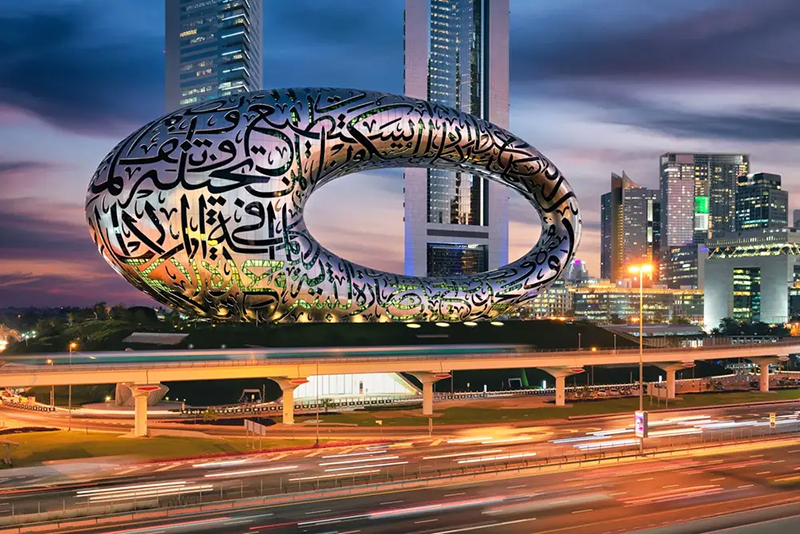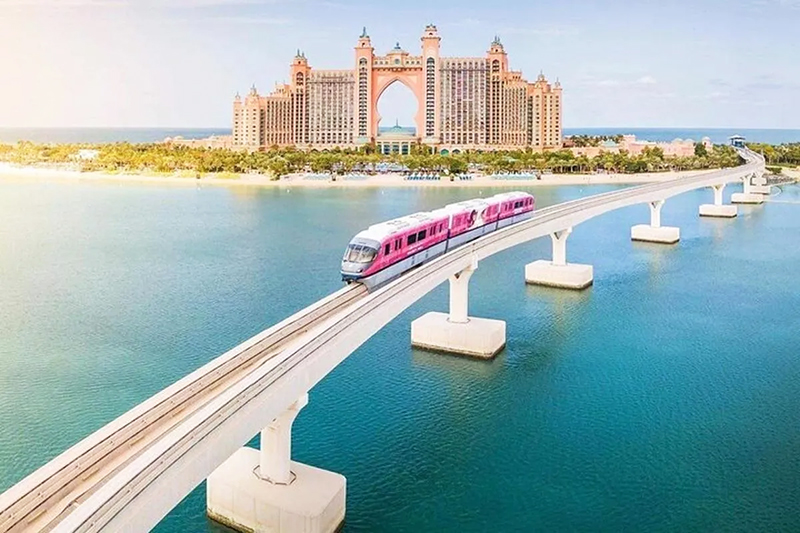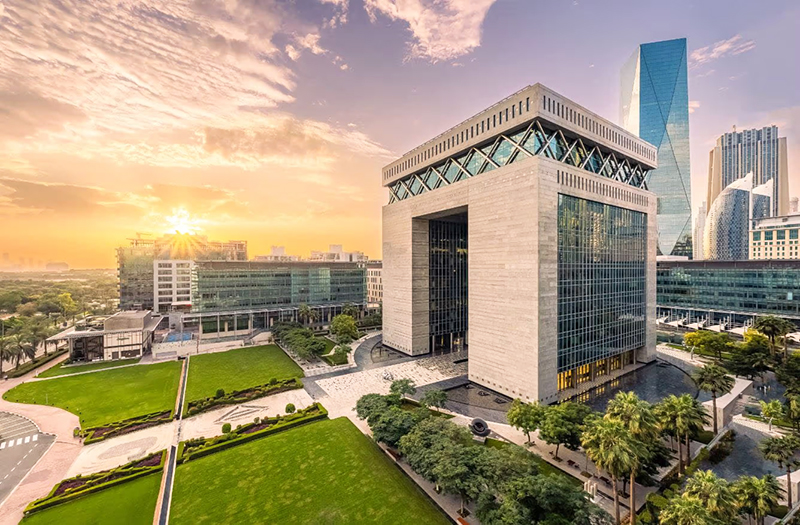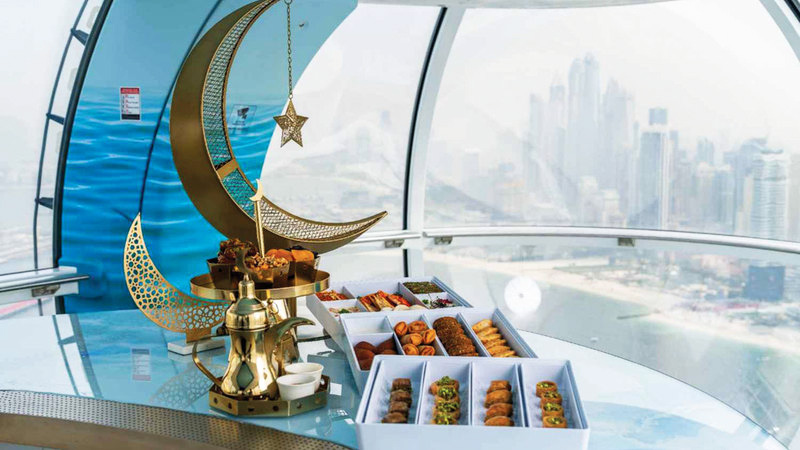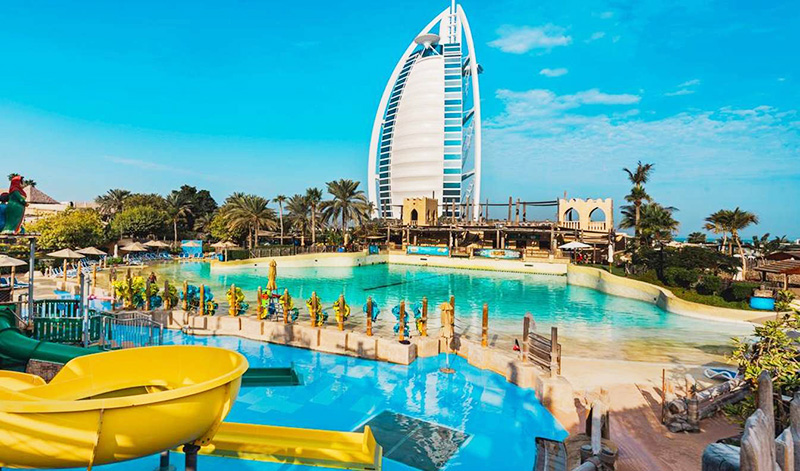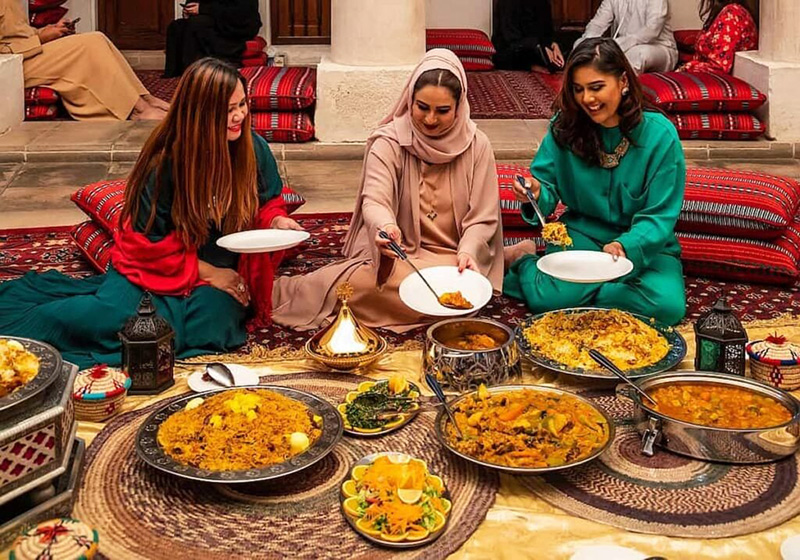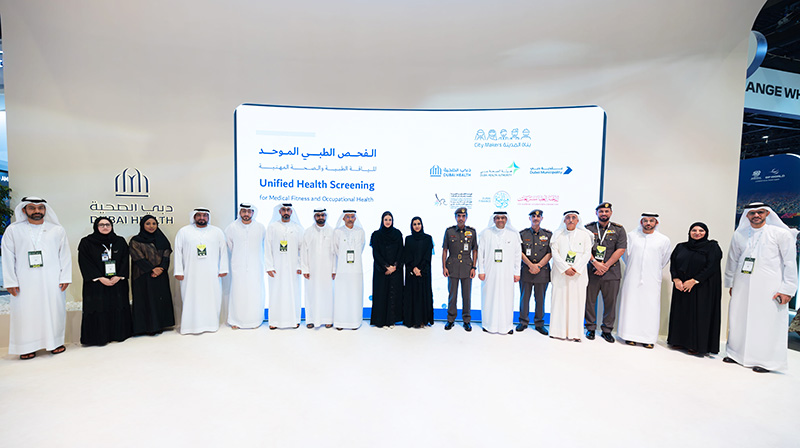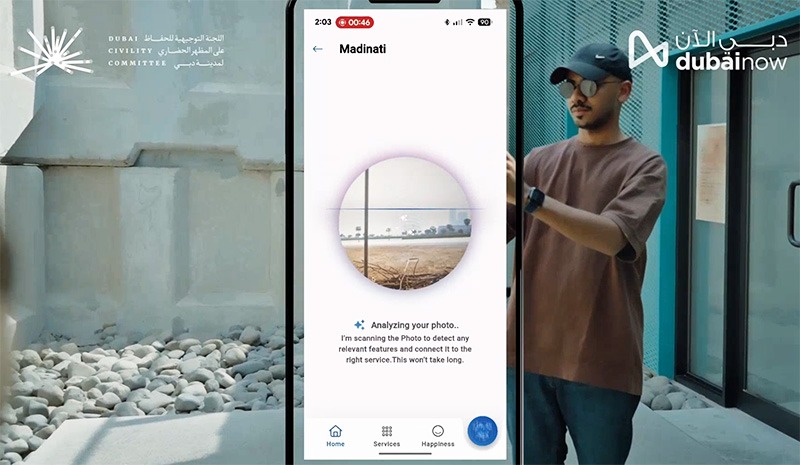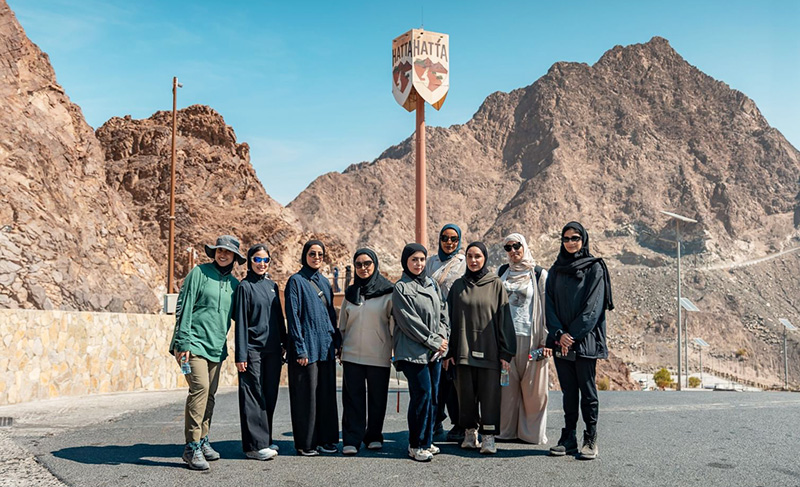
Dubai’s transformation from sleepy desert outpost to global trade hub has been powered by visionary planning and big incentives. In 1996, Law No. 2/1996 officially established the Dubai Airport Free Zone Authority (DAFZA) as part of Sheikh Mohammed’s strategic economic plan. In Sheikh Mohammed bin Rashid’s words, “Dubai does not wait for the future, but goes to it with proactive, confident steps”a philosophy embodied in DAFZA’s founding. From its very inception, DAFZA offered unprecedented freedoms: 100% foreign ownership, full tax holidays, and free capital/profit repatriation. Companies in DAFZA pay zero corporate or personal income tax, and face no customs duties on imports or exports. In short, DAFZA’s model is “business without barriers.”
Historically, DAFZA’s creation coincided with the UAE’s pivot from oil to trade. The UAE became a World Trade Organization member in April 1996, formalizing its commitment to open commerce just days after DAFZA’s launch. Its founding law carved out the airport perimeter as a duty-free enclave, complete with “single-window” licensing and a dedicated logistics infrastructure linked to Dubai’s runways. The strategy was clear: turn Dubai International Airport into more than a transit point a gateway of supply chains for Asia, Europe and Africa. Within its first year, global multinationals in electronics, pharmaceuticals and express logistics flocked to the zone to exploit its fast customs clearance and 24/7 cargo services.
By design, DAFZA has stayed on a fast track ever since. Its growth can be measured in floorspace and firms. What began as two small office buildings in 1996 has, by the late 2010s, blossomed into a mini-city of 15 office towers and nearly 300 light-industrial units. Those facilities today host over 3,000 companies employing roughly 84,000 professionals across 20 sectors (from aerospace to halal food), a dramatic rise from just a few dozen firms in the 1990s. The free zone’s leadership touts its compound annual growth rates of 27% in company count and 24% in staffing over 20 years. On average, new DAFZA businesses set up shop in a matter of days, thanks to a fully digitized licensing system and even “cloud” company formation (no physical office needed).
DAFZA has also been a trade powerhouse. Its imported and exported goods volume has swelled with Dubai’s economy. In 2019, even amid global headwinds, DAFZA reported AED 120 billion in nine-month foreign trade roughly 12% of Dubai’s commerce for that period. Key partners included India, Switzerland and China, and top commodities ranged from high-tech equipment to gems. More recently, after DAFZA was merged in 2021 into Dubai’s new Integrated Economic Zones Authority (DIEZ), its impact only widened. Together with Dubai Silicon Oasis and CommerCity, DAFZA helped push DIEZ’s combined trade value to AED 282 billion in 2023 (a 33% jump year-over-year). That record year saw DIEZ free zones account for 13.5% of Dubai’s non-oil trade. By mid-2024, the zones collectively employed nearly 78,000 people, 15% more than a year earlier, underscoring DAFZA’s continuing dynamism under the new umbrella authority.

Crucially, DAFZA is woven into Dubai’s broad economic diversification strategy. For two decades it has been a testbed for building a knowledge-driven economy. Early speeches by its leaders invoked Dubai’s goal of moving beyond hydrocarbons. As Sheikh Ahmed bin Saeed Al Maktoum, DAFZA’s chairman, noted on its 20th anniversary, the free zone was created “with competitiveness and diversification in support of a knowledge-based economy”. From the outset, DAFZA was meant to catalyze sectors like advanced manufacturing and logistics rather than raw oil exports. In practice it has done just that: in 2015 DAFZA alone contributed about AED 110 billion to Dubai’s non-oil foreign trade. By drawing global firms and foreign direct investment (FDI) into specialized corridors, DAFZA helps turn Dubai into a multi-sector hub. Indeed, its model aligns with national goals: the UAE in 2024 was the world’s 10th largest FDI recipient at roughly $45 billion of inflows. Zones like DAFZA with their 100% foreign ownership and zero-tax regime are a magnet for those funds, as intended by the UAE’s investment strategies. Sheikh Mohamed said the UAE’s 48% surge in FDI (2023-24) was “an international vote of confidence” in the diversification agenda, a vote to which DAFZA has been an eager recipient.
Key Incentives: DAFZA’s competitive advantages remain its uncompromising incentives. For example:
- 100% corporate and personal tax exemption.
- 0% import/export duties.
- 100% foreign ownership with 100% capital and profit repatriation.
- Single window digital setup, business licenses and visas approved in days.
- Round-the-clock customs clearance and cargo handling.
Such policies have made DAFZA Dubai’s “no-frills” zone for global supply chains. A firm in DAFZA retains a far higher portion of revenue than it would in most financial centers. (By contrast, Singapore has a 17% corporate taxi and Hong Kong 16.5% on profits.) Those Asian hubs compensate with sophisticated capital markets and legal transparency strengths DAFZA willingly cedes in exchange for a pure trade logistics offering. In effect, DAFZA sits at one end of Dubai’s free-zone spectrum: high incentives, light regulation, and an air cargo backbone. It complements other emirate zones: Jebel Ali Free Zone (JAFZA) now spans 10,700+ businesses and generated ~$169 billion of trade in 2023, focused on massive warehousing, shipping and industry. Dubai Multi Commodities Centre (DMCC) hosts 25,000 companies (from start-ups to multinationals) and accounts for 15% of Dubai’s FDI. In comparison, DAFZA is smaller but highly targeted prized by electronics, aerospace, pharmaceuticals, halal, and logistics firms for its airport links.

Looking ahead, innovation is central to DAFZA’s role. The free zone is no longer just a customs warehouse, it’s positioning as a tech incubator and smart regulation lab. In 2018 DAFZA spearheaded “Dubai Blink,” the world’s first AI and blockchain powered B2B platform connecting free-zone firms. Blink enables virtual company formation and trade contracts across geographies, effectively creating a “smart commerce” ecosystem for supply chains. More recently, DAFZA has hosted artificial-intelligence forums and hackathons aligned with Dubai’s AI strategy. In April 2025, Amna Lootah, DAFZA’s Director General, highlighted the free zone’s commitment “to foster an integrated business environment that empowers companies to adopt AI technologies and accelerate their growth and innovation”. DAFZA also co-sponsors global innovation contests: in 2024 it partnered with Red Bull Basement to send young UAE entrepreneurs to a Tokyo finals, providing winners with incubation in DAFZA’s Scality startup program. As a senior DAFZA executive explained, this initiative is meant to “support and nurture young talents and innovators, encouraging them to adopt the latest technological and smart solutions,”thereby reinforcing Dubai’s position as a “hub for creative talent and a global capital for innovation”.
This forward push is part of a broader mindset. UAE policymakers often remind that “our future will be shaped by decisions we make today”. DAFZA exemplifies that ethos by continuously recalibrating its rules and projects: from Light Industrial Units for high-tech assembly in the mid-2010s, to drone-delivery trials, to partnerships with MIT for design thinking accelerators. In practice, DAFZA’s regulators act as both gatekeepers and enablers: they welcome 100% foreign capital while channeling it into Dubai’s strategic goals.

In the rough seas of today’s geopolitics, this model makes strategic sense. As one global economist notes, countries that can “stay open, neutral and welcome all kinds of investments” using zones as bubbles of certainty, gain an edge. Indeed, free zones worldwide saw record investment in 2023, making up nearly 5% of all FDI projects globally. The Middle East, led by the UAE, attracted the largest share of those zone-based projects. DAFZA’s very existence reflects the UAE’s balancing act: it keeps capital and technology flowing in by offering a liberal enclave, yet continually invests that inflow into domestic priorities, from worker skills to high-tech industry. In Sheikh Mohammed’s words, “our foundation is strong, our future is promising, and our focus on our goals is crystal clear”. DAFZA, in turn, is a testament to Dubai’s faith that “nothing is impossible” when ambition, policy and performance align
